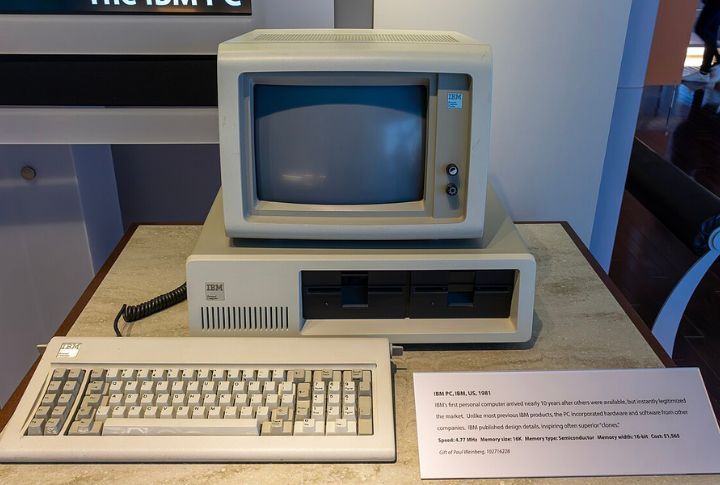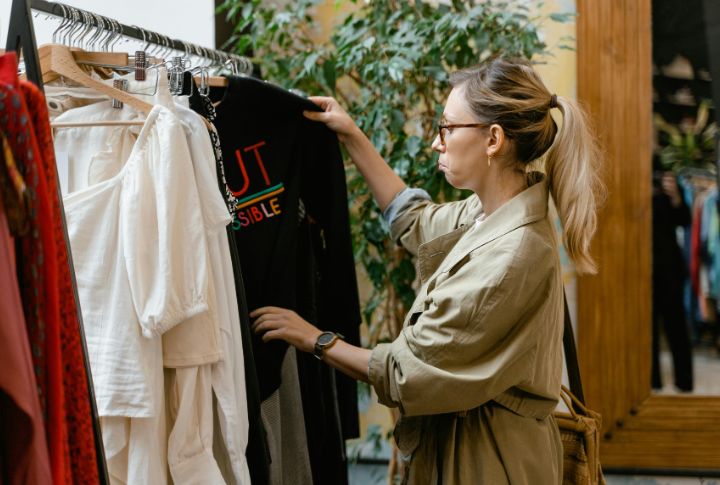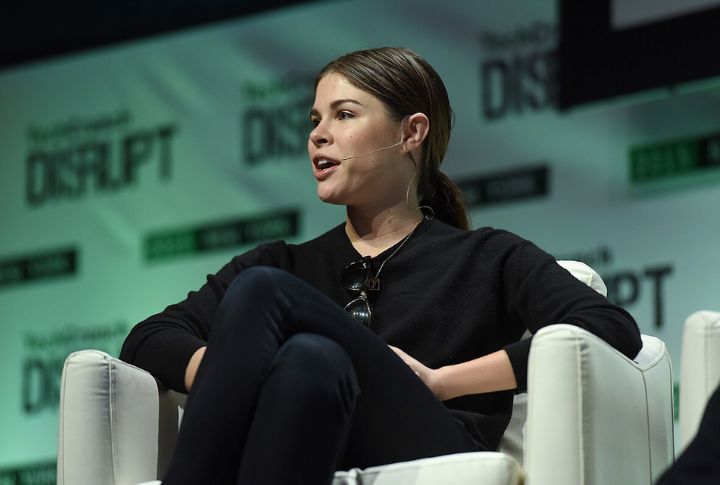
The milestone of 40 has long been loaded with meaning. For millennials, though, it carries a fresh perspective shaped by technology, shifting cultural touchpoints, and a broader sense of possibility. The usual fears of aging don’t hold the same weight. Instead, this generation leans into reinvention and practicality. Here’s how America’s largest adult cohort is redefining what 40 actually represents.
Millennials Are The Largest Living Generation

The IBM 5150 computer launched in 1981, the same year early millennials entered the world. This generation now stands as America’s largest adult population, though Gen Z follows closely behind. Meanwhile, millennials’ status as digital natives reflects a unique position amid rapid technological progress.
Openness To Cosmetic Treatments

Social media stars like the Kardashians and the Jenners have made cosmetic procedures mainstream for today’s forty-somethings followers. Millennials exhibit an unprecedented acceptance of beauty interventions, ranging from lasers to fillers. Their influence also extends to innovative beauty brands like Milk Makeup, which champion inclusivity. In fact, many are starting treatments early for prevention.
Fashion Nostalgia And Reinvention

Fashion nostalgia runs deep for those born in the 1980s and 1990s. They have distinct shopping preferences that set them apart from Gen Z, though both generations appreciate vintage appeal. Additionally, rather than following age-based fashion rules, millennials choose styles that speak to them, including renewed trends from their youth.
Cultural Nostalgia In Media

A wave of ’90s and 2000s nostalgia sweeps through entertainment as the internet generation reaches 40. Studios are reimagining childhood favorites for new generations, while documentaries reexamine past media treatment of female celebrities. Subsequently, Hollywood also continues rebooting classics like “The Matrix”, as cult favorites.
Delayed Aging

Science shows the 40s mark a turning point for metabolism and cardiovascular health. Millennials conquer this stage by leaning on technology and early habits. Hence, instead of viewing 40 as an inevitable decline, they approach it as a stage that can be actively managed.
Emphasis On Healthy Habits

Resistance training, regular sleep, and steady physical activity have become core practices for many millennials. Rather than chasing quick fixes, they prioritize consistency and long-term balance. Stress management through mindfulness and structured routines also plays a role, reflecting a broader shift toward sustainable well-being in midlife.
Millennial Optimism

Strong expectations and heightened optimism characterized millennials’ early adulthood compared to previous generations. Their self-assurance remains notable, with women scoring 54 and men 59. Meanwhile, the direct experience of Y2K fostered a mindset that continues to influence a positive aging outlook.
Redefining Success

Millennial entrepreneurs like Emily Weiss and Sophia Amoruso built businesses celebrating individuality and reshaping success on their terms. Traditional markers like home ownership often remain elusive, yet this generation continues to prioritize career flexibility and meaningful work. Therefore, they measure success less by milestones and more by fulfillment and autonomy.
Digitally Native Lifestyles

As the first generation to mature alongside the internet, digital natives developed natural fluency. Social media and remote tools further shaped daily lives and gave them unique advantages in work and self-improvement. In fact, their comfort with technology continues to define how they step into midlife and plan for what comes next.
40 Is Their New Milestone

The age-old fear of 40 doesn’t resonate with millennials. A SideHustles.com survey found 11% planned to change jobs within the year; many see this milestone as the perfect timing for major life changes. They are also more likely to view 40 as an age of reinvention.

